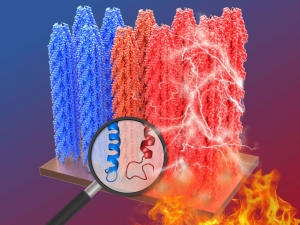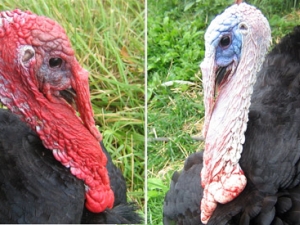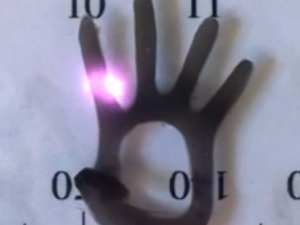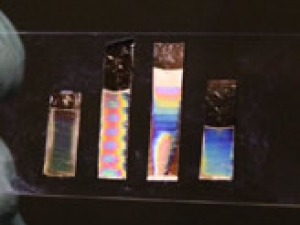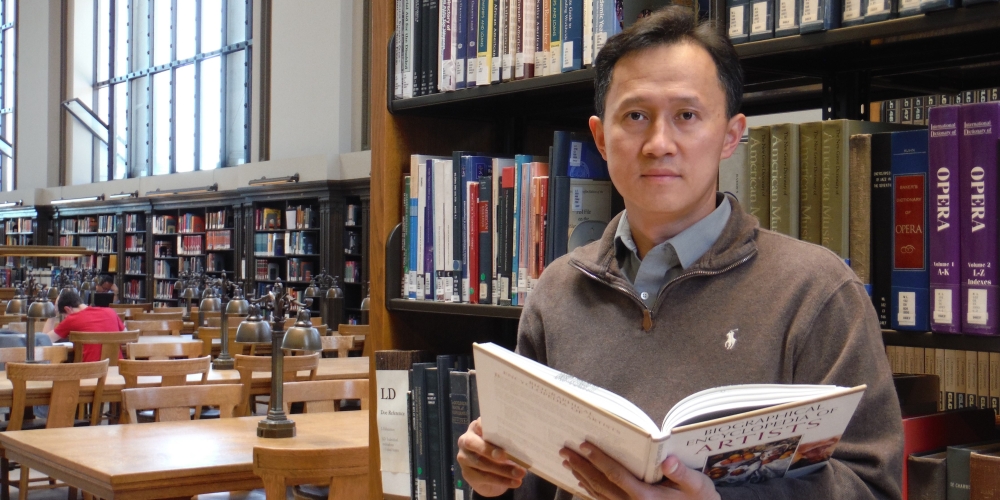

Research Bio
Dr. Seung-Wuk Lee is a professor in the Department of Bioengineering. The primary goal of the Lee Lab research program is to create precisely defined, bioinspired nanomaterials that can be used for studying complex interfacial phenomena and as functional materials, devices and therapeutics. In his research group, they are particularly inspired by how nature manages complex interactions at interfaces and self-assembles functional bionanomaterials. Therefore, they use bioengineering approaches to both study and mimic these processes. Specifically, they use genetic engineering techniques to design novel peptides/proteins or virus particles and then use them to create functional nanostructures for regenerative medicine, therapeutics, biosensing, and energy generation. Through our research, they would like to address the following questions:
- Protein-Protein Interfaces: How do proteins interact to create exquisite, hierarchical structures with diverse functions in a spatially and temporally controlled manner from simple nanofibrous building blocks?
- Protein-Cellular Interfaces: How can protein-based material interfaces be tuned to create physical, chemical, and mechanical structures that can direct cell behavior for regenerative medicine and therapeutics?
- Protein-Organic/Inorganic Interfaces: How can proteins be engineered to recognize specific target organic/inorganic molecules for the development of biosensors or to template the growth of inorganic materials?
- Protein-Electronic Interfaces: How can the dipole of protein sequences and structures be engineered to interchange between electric and mechanical forces for the generation of clean protein-based piezoelectric energy?
Research Expertise and Interest
nanotechnology, bio-inspired nanomaterials, synthetic viruses, regenerative tissue engineering materials, drug delivery vehicles
In the News
Researchers Pioneer Greener Way To Extract Rare Earth Elements
Researchers Demonstrate Heat-Induced Pyroelectricity in Viruses
Turkeys inspire smartphone-capable early warning system for toxins
Bioengineers at UC Berkeley see inspiration in turkeys for a new type of biosensor that changes color when exposed to chemical vapors. This feature makes the sensors valuable detectors of toxins or airborne pathogens.
New light-controlled gel makes big strides in soft robotics
Inspired by the way plants grow toward light sources, a phenomenon known as phototropism, bioengineers from the University of California, Berkeley have created a hydrogel that could be manipulated by light.
Electricity-generating viruses could lead to pocket power plants
Scientists at UC Berkeley and Berkeley Lab have harnessed the electricity-generating capabilities of viruses, a development that could lead to pocket power plants for mobile devices.
Researchers turn viruses into molecular Legos
UC Berkeley researchers have turned a benign virus into building blocks for assembling structures that mimic collagen, one of the most important structural proteins in nature. The “self-templating assembly” process they developed could eventually be used to manufacture materials with tunable optical, biomedical and mechanical properties.


